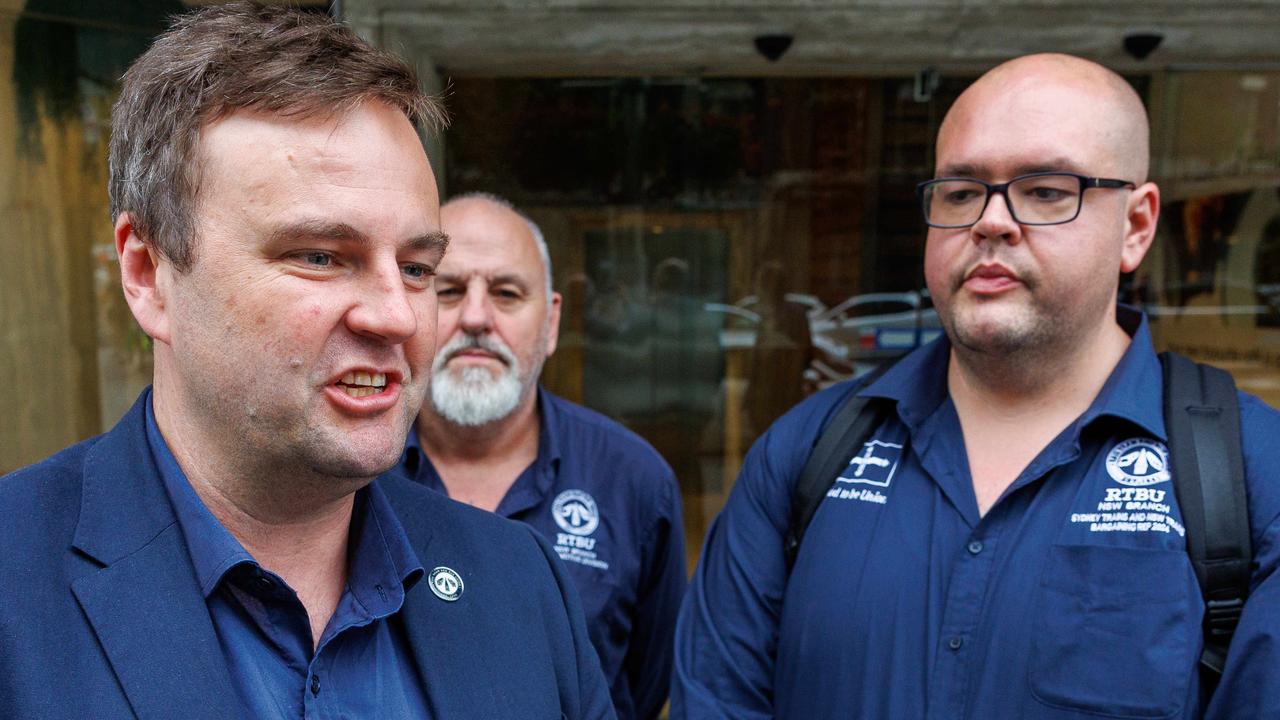Time to make like Kate and stop oversharing online
If oversharing online is a seemingly innate human behaviour, Karlie Rutherford asks why it then feels so good to take a social media detox?
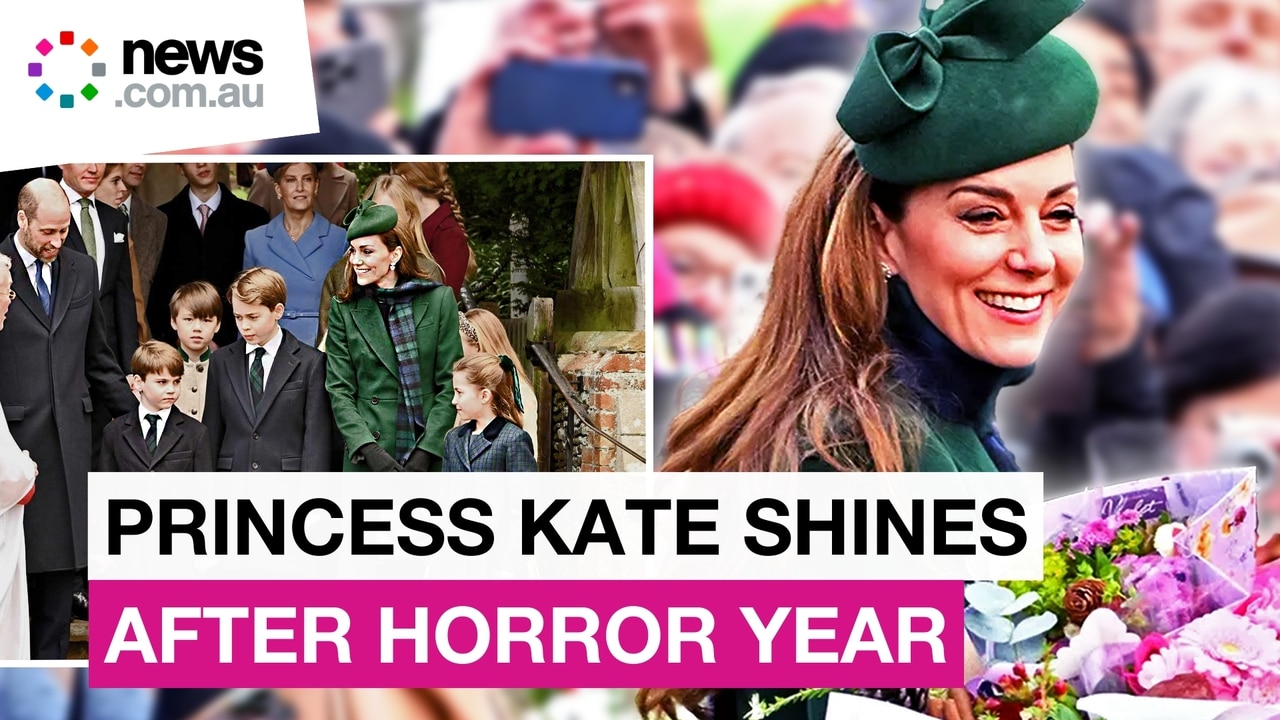
Opinion
Don't miss out on the headlines from Opinion. Followed categories will be added to My News.
On December 31st, like so many of the world, Princess Kate and Prince William shared a New Year’s Eve post to their 16.8 million followers on their official Instagram page that was very poignant. And no, it’s not just the fact that Kate is a princess and one of the most famous women in the world that the message stood out from so many other New Year’s Eve posts.
It was the simplicity of the message.
“2024 (tick) Happy New Year! Wishing you all a wonderful 2025,” the caption read, underneath a carousel of photos including Kate strolling in nature and a new family photo of the future King and Queen with their three children.
That’s it. No Ins and Outs List. No inspirational quote. No caption that overflows into the comment section detailing the highlights and lowlights.
We all know 2024 was a trying year for Kate. Early in the year her absence from the spotlight was the catalyst of many a WhatsApp conversation with “Where is Kate?” becoming a trending topic. The rumours and discourse forced the Princess to announce she was undergoing preventive chemotherapy after an undisclosed cancer was found during major abdominal surgery at the start of the year.
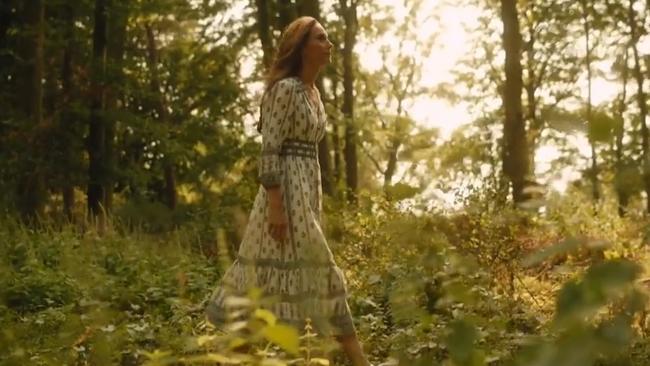
Granted what she’s been through, Kate would have had every right to talk in her post about the trials 2024 held. However, “never complain and never explain” has become a public relations motto for the royal family.
That’s in stark contrast to the world we see on social media where so many use the platforms like a diary, detailing every detail of their lives.
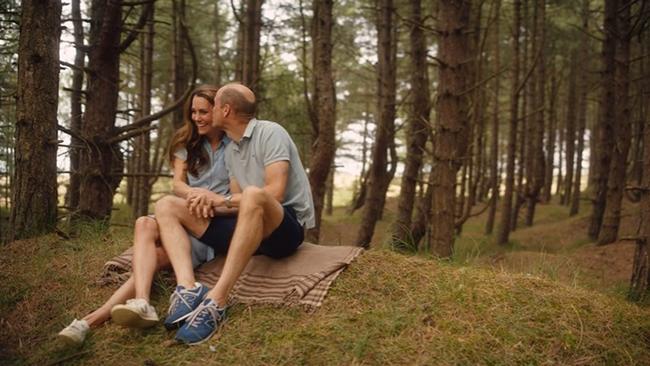
In so many cases, that’s not necessarily a bad thing. Especially when sharing online has helped break down barriers and reduce stigmas around mental health, encourages people to go get health checks or just makes people feel less alone. And in a country like Australia, which is known for its tall poppy syndrome, you should be able to stand proud and share your wins online.
But how much information is too much? Are we supposed to know as much as we do about the lives of complete strangers because they broadcast it on social media?
One of the things 2024 held for me was a high school reunion. Unfortunately I couldn’t make it, but there was a part of me that thought, “Well, it doesn’t matter. I already know what everyone has been up to because I follow them online”.
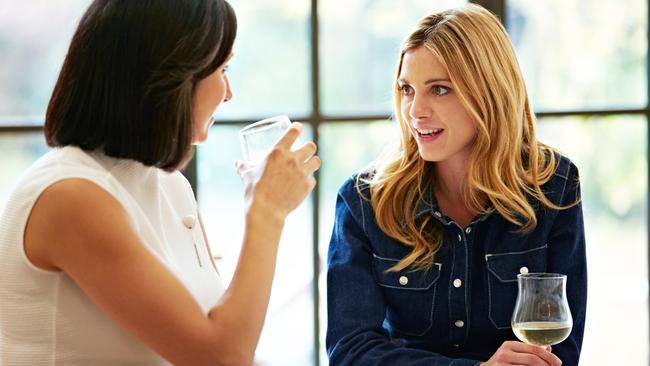
Which is interesting because I’m of the generation that was lucky enough to go to school pre-social media. In my day (OK, I’m really showing my age here), the way you would find out what someone did on the weekend, or how they were coping with their studies or how their dating life was going, was by asking them. How novel. Now, I can just open an app.
Research shows that disclosing information about yourself is intrinsically rewarding, as it speaks to our human need for connection and approval. And social media has made it easier to do that, with more studies calculating that 80 per cent of posts to social media consist of announcements about one’s own immediate experiences.
But if oversharing online is a seemingly innate human behaviour, why then does it feel so good to take a social media detox?
Is it because knowing every detail about complete strangers’ lives can get a bit overwhelming? Or do we actually feel more connected when we ask a friend, or even a stranger in the street, about their life rather than seeing it on Instagram and scrolling straight past it.
Humans will always want to share their lives with others. But perhaps, sometimes, it’s better to do a little less of it online.
As the artist Banksy says, “I don’t know why people are so keen to put the details of their private life in public; they forget that invisibility is a superpower.”
Do you have a story for The Telegraph? Message 0481 056 618 or email tips@dailytelegraph.com.au




